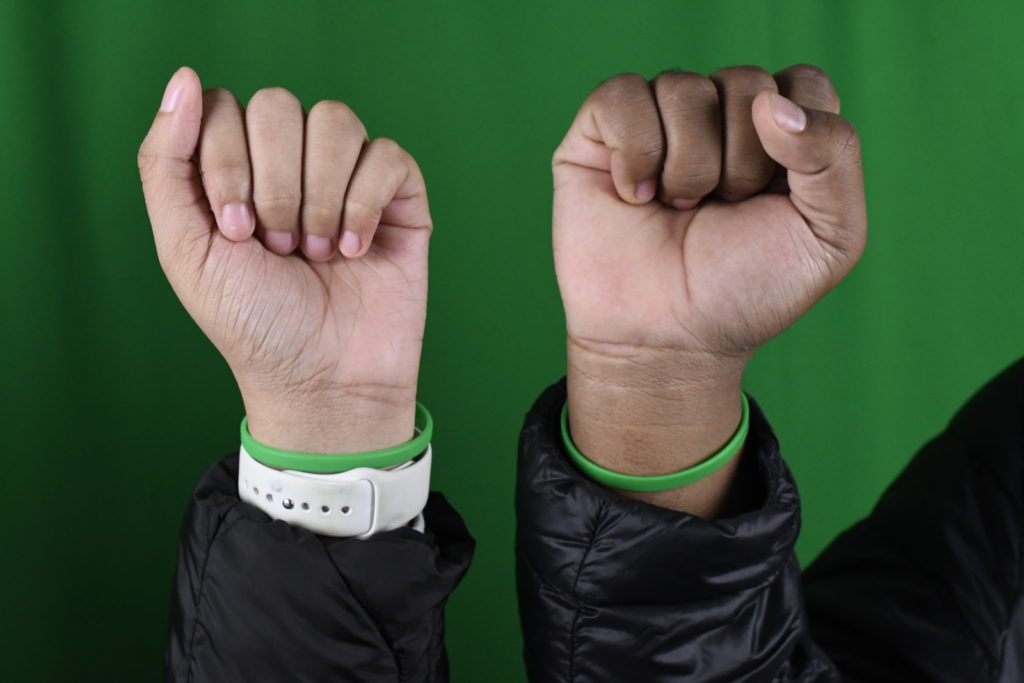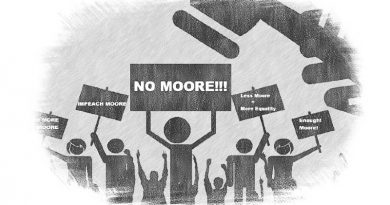
My dark truth: navigating a color-struck world
Constant bullying about my skin tone through elementary and middle school left me feeling worthless and insecure.
Phrases like “Your skin is so ugly and dark” and “I’m staying out of the sun, so I’m not black like you,” still linger in the back of my mind.
I couldn’t understand why the people around me seemed to hate the way that my skin looked.
“Why is everyone mad that MY skin is dark?” I remember constantly asking myself.
Merriam-Webster dictionary defines colorism as prejudice or discrimination especially within a racial or ethnic group, favoring people with lighter skin over those with darker skin.
Colorism is a present issue because of racism and the white supremacist ideals ingrained in our subconscious.
Societies worldwide benefit white people. Colorism is the idea that society also benefits those with a closer proximity to being white — having lighter skin. This is the key difference between racism and colorism. Racism discriminates against people based on their racial identity while colorism discriminates based on skin tone.
I see examples of colorism present everywhere around me. The kids on the playground taunting the darkest amongst them with phrases such as “burnt” or “dark and ugly.” The countless television shows and movies that never seem to have a protagonist with fully black features and dark skin. The boys and men who proudly state that they would never be with someone with skin darker than themselves. The filters on social media that thin noses and lips and lighten skin tone. And of course, there’s the billion dollar international skin bleaching industry.
Skin complexion plays a large role in how people view themselves and how they are viewed by the world. The darker your skin is, statistically speaking, the harder your life will be.
Individuals with darker skin are more likely to be arrested and receive harsher sentencing than lighter skin counterparts. A nationally representative survey conducted by Dr. Ellis Monk of Harvard University survey found that even a one-level increase of the darkness of a respondents’ skin tone was associated with 13% higher odds of ever having been incarcerated.
A study conducted by Dr. Matthew Harris of the University of Georgia found that darker skinned Black people are less likely to be hired than lighter skinned competitors for jobs even with more qualifications.
Darker skinned black girls are plagued with more severe punishment at school and are three times more likely to be suspended compared with lighter skinned female classmates.
Growing up as a dark skinned student at schools with majority Black student populations, I’ve experienced more instances of colorism than racism in my life. So when I was given the task of an independent project for my peer leadership class, I focused on an issue I knew was present in our school community and in our world.
I created the “Cedar Shoals Coalition against Colorism” Instagram account as a space to share information about colorism and highlight student stories and opinions.
Through infographics, definitions and student highlights, the Instagram page explains different forms of colorism with examples of the historical, psychological and economic impacts of it.
Comments and private messages like “I’m currently struggling with this,” or “I’ve noticed this before!!” continue to show how relevant the issue of colorism is.
Since the creation of the page I’ve learned more about how the people around me are also battling their own insecurities that arise from having darker skin. I didn’t expect to relate so much with the things my peers say in the interviews I conduct prior to creating the posts or through the comments and direct messages. These vulnerable interactions inspire me each time I add content to the page.
I hope to continue with the space I’ve created, to inform about colorism and give a platform for others to share their experiences.



